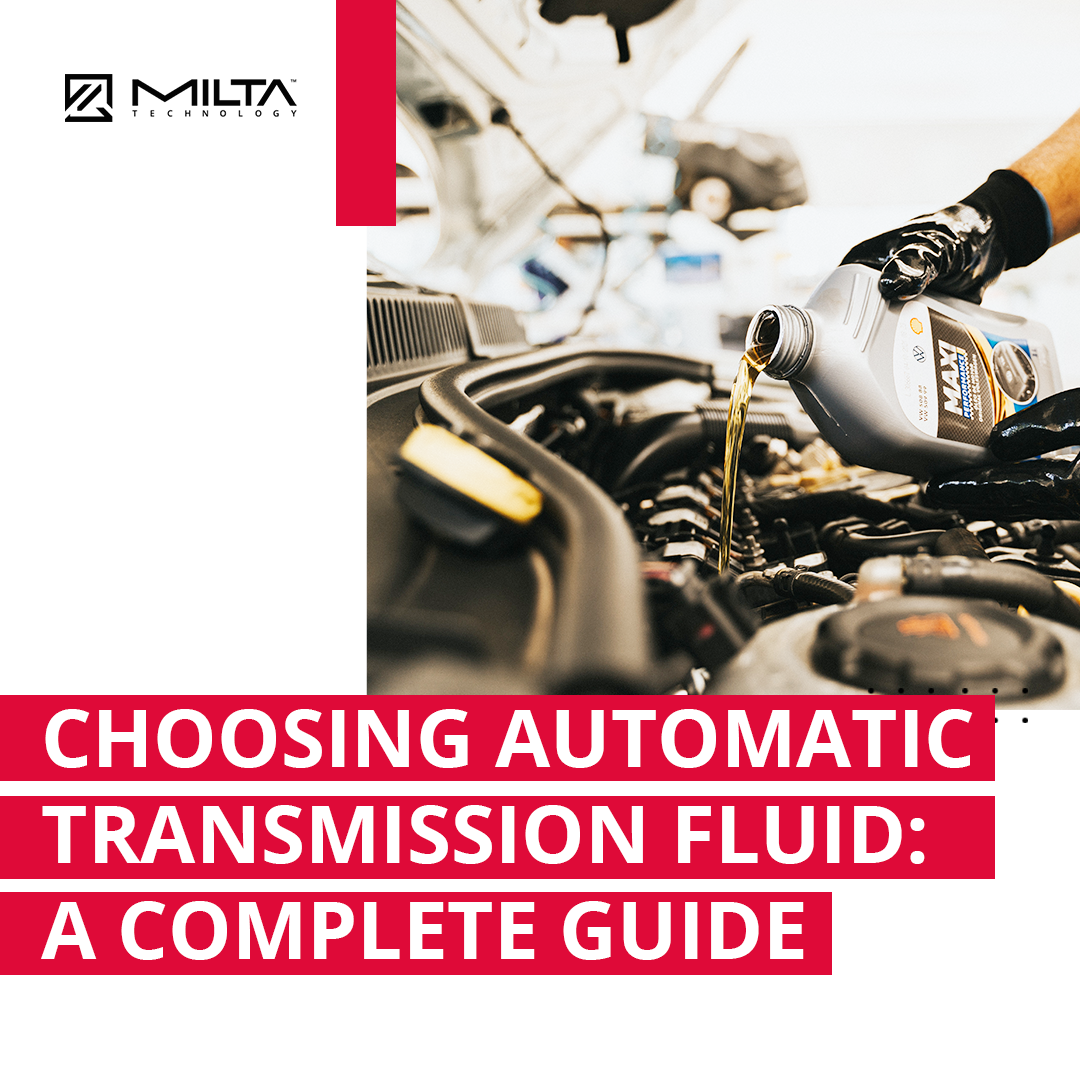Choosing Automatic Transmission Fluid: A Complete Guide
When engaging in a conversation with your acquaintances or companions about the suitable transmission fluid for their automatic vehicles, what do you reckon their responses would be? How would you respond to the same query? If your retort leans towards phrases like “the standard one” or “the universally used type,” you might be on the right track, yet still considerably distant from the accurate answer.
Similar to the array of engine oils catering to diverse engines, a variety of transmission fluids exist, tailored to specific car makes, models, production years, and more. The concept of a universal solution doesn’t apply here. Given these complexities, how does one confidently determine the apt transmission fluid for their vehicle? This article aims to shed light on this matter.
/
Diverse Categories of Automatic Transmission Fluid
Broadly classified, two primary categories of automatic transmission fluid (ATF) exist for automatic vehicles: ATF and CVT fluid. A detailed breakdown of each is provided below:
/
ATF – Automatic Transmission Fluid
Interestingly, ATF can serve both manual and automatic vehicles. However, the compatibility is far from universal across car brands. The term “ATF” encompasses numerous formulations such as Mercon V, Mercon LV, Dexron VI, Matic S, Matic D, Matic K, among numerous others.
For example, Volkswagen vehicles typically work well with fluids like Pentosin ARF-1, Mercon V, or Volkswagen G fluids, although the specific model and production year play a pivotal role. Particularly, if your vehicle boasts an automatic transmission with a torque converter or a sophisticated system like VW’s direct-shift gearbox (DSG), then an ATF variant is requisite.
/
CVT Fluid – Continuously Variable Transmission Fluid
CVT gearboxes find their niche in entry-level automobiles, hybrid cars, and uncomplicated sedans and hatchbacks designed for daily commutes. While they lack the high-performance attributes of dual-clutch systems, they deliver seamless gear shifts and confer advantages when ascending inclines—a boon for family cars laden with children, school paraphernalia, sports equipment, and the like.
It’s important to note that CVT fluid is solely meant for vehicles equipped with a CVT unit. Interchanging with regular ATF could lead to detrimental consequences. Worse still, misapplication might not yield immediate issues, masking potential problems until you’re already on the road. Thus, discerning between ATF and CVT transmission fluid is of paramount importance.
How does one determine the appropriate fluid? The subsequent section delves into this aspect in greater detail.
/
Determining the Appropriate Transmission Fluid
Outlined below are some of the most effective methods to ensure accurate transmission fluid selection for your vehicle:
/
Consult Your Mechanic
The wisest approach is to entrust your automatic gearbox to a seasoned professional mechanic for regular servicing. Such experts possess the insights to definitively ascertain the right transmission fluid. Even if you’re contemplating a DIY transmission flush, it’s prudent to consult your regular mechanic or the dealership to confirm the fluid requirement.
Notwithstanding your confidence, allowing professionals to handle this task is advisable. Analogous to the repercussions of pouring gasoline into a diesel engine, using an incorrect fluid could culminate in more substantial repair expenses down the line, nullifying any perceived savings from a DIY endeavor.
/
Refer to the Owner’s Manual
Your vehicle’s owner’s manual serves as a reliable reference, explicitly specifying the compatible transmission fluid. It’s crucial to dispel the misconception that original equipment manufacturers (OEMs) advocate proprietary ATF solely for profit. These fluids are meticulously engineered to harmonize optimally with specific vehicles.
Resisting the allure of cheaper off-brand alternatives is prudent. While such alternatives might function initially, their potential for issues surges, given their lack of tailored engineering for particular vehicles.
/
Clarify Before Purchase
When purchasing a used vehicle from a mixed-brand dealership or a private seller, confirming the requisite transmission fluid type should be a routine inquiry. If a private seller admits to employing indiscriminate or generic fluids over their ownership, considering a transmission inspection prior to purchase is judicious.
Established used car dealerships usually possess a better grasp of a vehicle’s technical details, with in-house mechanics capable of providing confirmation. In cases involving OEM dealerships, concerns are diminished, as they possess authoritative knowledge. However, prudence is paramount at mixed-brand or independent dealerships where uncertainty might arise.
/
Seek Guidance from a Dealership
If the above avenues don’t yield clarity, contacting an OEM dealership affiliated with your car’s brand is a strategic move. OEMs adhere to recommendations akin to those in the owner’s manual as their baseline standard. The alternative possibility is an enhanced version of the same product, possibly developed post your car’s release.
In conclusion, the ultimate authorities on this matter are dealership mechanics or mechanics specialized in your specific car brand.

